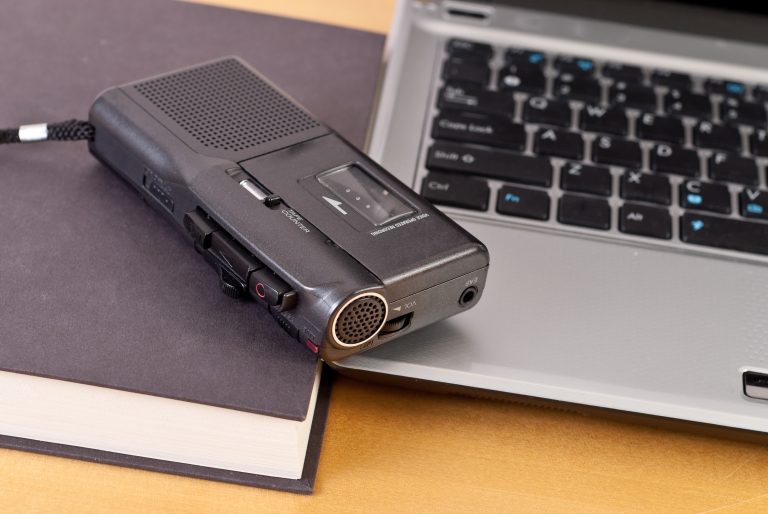Recording a Conversation Can Be Protected Whistleblowing
In a nuclear whistleblower retaliation case, the DOL Administrative Review Board held that recording workplace conversations to gather evidence of safety violations is protected whistleblowing under the whistleblower protection provision of the ERA.
The whistleblower in Franchini v. Argonne National Laboratory recorded workplace conversations evidencing potential radiation contamination and workplace safety issues at the Argonne National Laboratory, a multidisciplinary science and engineering research center owned by the Department of Energy and operated by UChicago Argonne, LLC. In the course of raising his concerns internally at Argonne and to the Department of Energy, Franchini made about 50 recordings of discussions with his supervisors and co-workers. Franchini made all but three of those recordings without his co-workers’ knowledge or consent. In addition, Franchini had taken multiple digital photographs to document his safety concerns. The ARB held that gathering evidence by recording workplace conversations can be protected whistleblowing under the ERA and relied in part on the following decisions:
Melendez v. Exxon Chem. Am., ARB No. 96-051, ALJ No. 1993-ERA-006, slip op. at 18 (ARB July 14, 2000) (“the gathering of evidence in support of a whistleblower complaint, including the gathering of evidence by means of tape recording, is a type of activity that has been held to be covered by the employee protection provisions [of the ERA]”); Mosbaugh v. Georgia Power Co., 1991-ERA-001 (Sec’y Nov. 20, 1995) (tape recording to gather evidence in support of a nuclear safety complaint to the Nuclear Regulatory Commission protected under the ERA). Cf., Hoffman v. NetJets Aviation, Inc., ARB No. 09-021, ALJ No. 2007-AIR-007 (ARB Mar. 24, 2001) (distinguishing cases such as Mosbaugh, where the complainant engages in “selective recordings” designed to gather evidence of safety violations or other violations under the whistleblower statutes, from cases in which a complainant engages in indiscriminate and excessive recording of unrelated topics, such as a company’s business strategy and finances, which the ARB held would create an independent legal basis for disciplinary action).
The ARB’s decision in Franchini will be helpful to whistleblowers, and indeed admissions obtained from recorded conversations can be critical evidence in whistleblower cases. But the ARB’s decision should not be construed as a blanket endorsement of recording workplace conversations and it is important to assess the potential risks stemming from recording conversations.
Before gathering evidence to support a whistleblower reward or whistleblower retaliation claim, an employee should consult with counsel to ensure that the employee is not gathering evidence in a manner that is unlawful or that could give the employer a valid basis to terminate the employee. For example, some states prohibit recordings unless all parties to a conversation consent to being recorded. The Reporters Committee for Freedom of the Press has issued a helpful state-by-state guide to taping phone calls and in-person conversations, which is available here. It is also important to avoid taking actions that give rise to an after-acquired evidence defense, which may limit a whistleblower’s remedies if the employer uncovers evidence that independently justifies the termination, even if the initial termination decision was retaliatory.
Experienced Whistleblower Protection Lawyers
Before hiring a lawyer for a high-stakes whistleblower case, assess the lawyer’s reputation, prior experience representing whistleblowers, knowledge of whistleblower laws, and prior results. And consider the experience of other whistleblowers working with that attorney. We have extensive experience representing whistleblowers under a wide variety of corporate whistleblower protection laws. See our client testimonials by clicking here.
To learn more about whistleblower rewards or whistleblower protections, call the whistleblower lawyers at Zuckerman Law for a free consultation at 202-262-8959, or click here.









